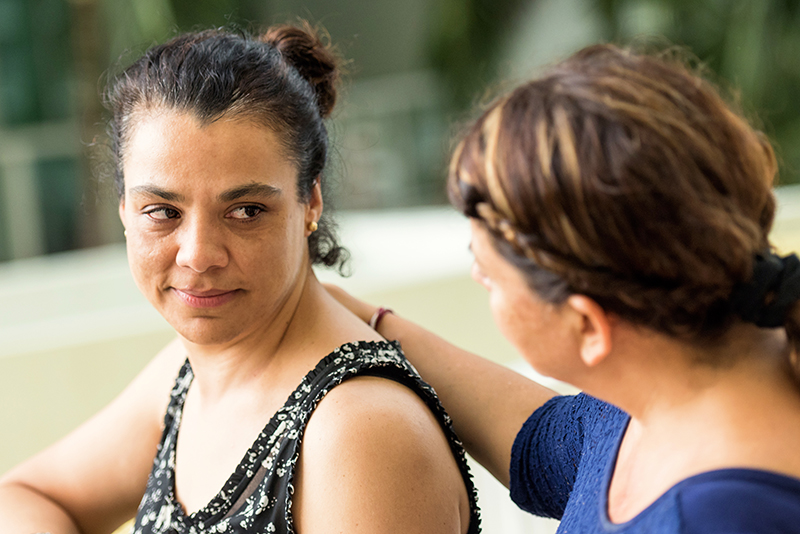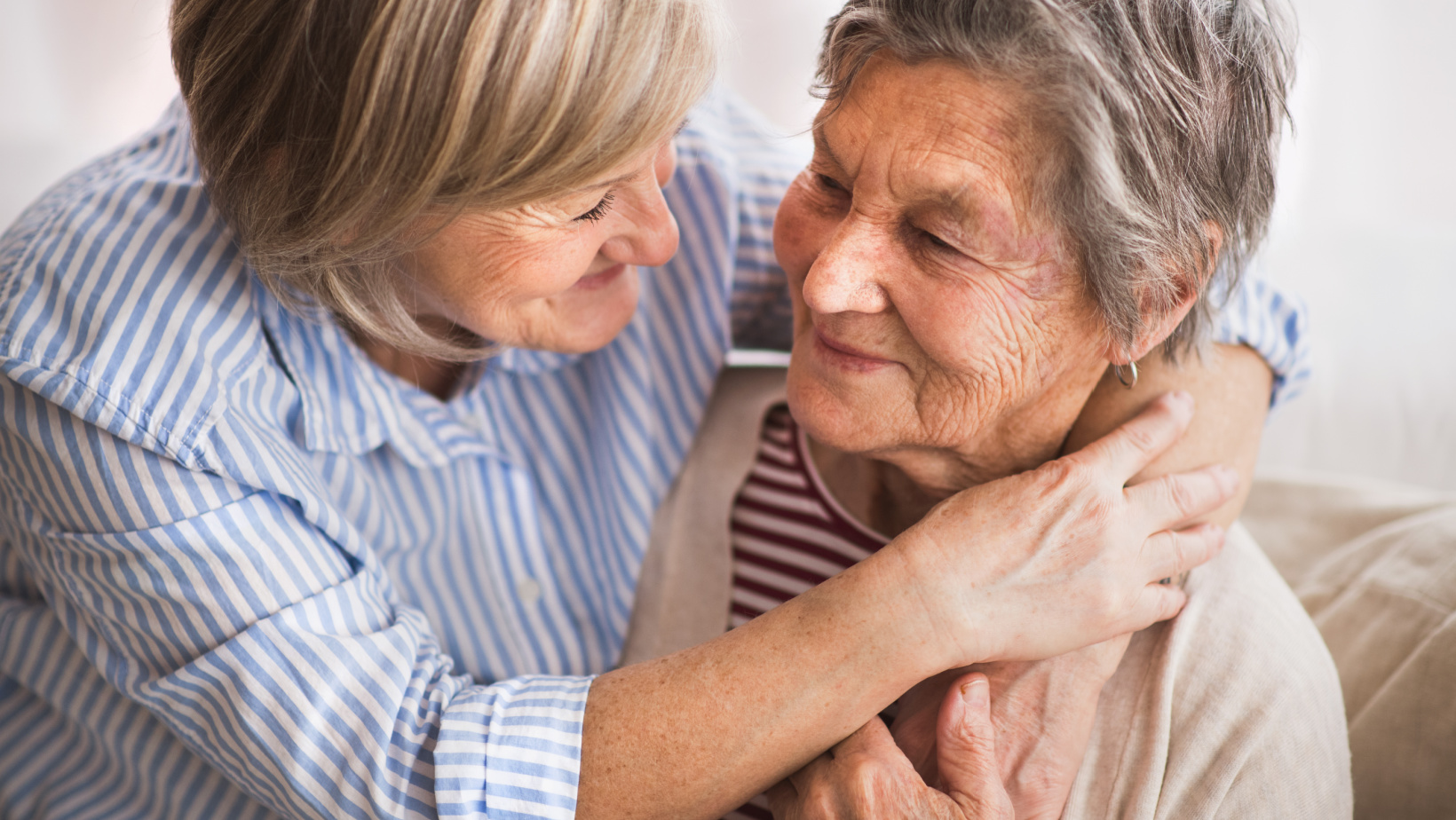If you are feeling a bit discouraged in your role as caregiver, take heart; you’re in good company. Providing care help for a loved one is perhaps the most complex role we can hold: highly rewarding on the one hand, while simultaneously frustrating and ever-evolving, frequently resulting in feelings of doubt about whether we are up to the challenge and providing the most effective care.
It’s why a number of family caregivers struggle with some or all of these types of feelings:
- Guilt: It is easy to feel as if you are not doing as much as you should to help your senior loved one, that you’re selfish for seeking time away to yourself, or that you’re inadequate to provide the assistance your loved one needs.
- Helplessness: There are circumstances when you simply cannot solve the problems your loved one is going through.
- Anger or frustration: This can be directed at yourself, other members of the family who seem as if they are not doing their fair share, and even at your older loved one for causing you to be in this situation.
- Resentment: Especially common when taking care of an individual who hurt or betrayed you in the past, it is easy for those feelings to resurface when that person is now in your care.
- Hopelessness: When a senior faces a difficult diagnosis, for example, a chronic or terminal condition, feelings of hopelessness can settle in, which may bring on despondency or depression.
Recognizing these feelings, and accepting that they are absolutely normal, is a great place to start. These tips can also help:
- Share how you feel. Find a trustworthy friend, family member, or professional counselor to vent to, a person who can provide a new perspective and help you to shift your thinking to a more positive slant.
- Give some thought to the advice you would offer a good friend. Sometimes, stepping out of your situation and picturing how you would respond to a friend dealing with these feelings could offer invaluable insight. Provide the same encouragement you would offer to another to yourself.
- Find a care partner. Using the services of an experienced care provider, like the Windsor-Essex elder care experts at Amy’s Helping Hands, allows you to achieve a healthy life balance – something that is paramount to every caregiver.
Contact our trained, experienced, and compassionate care team by calling 519.915.4370 and let us walk alongside you with the top quality, personalized care services your senior loved one deserves – permitting you to take much-needed time for self-care. We’re always available to answer any questions you have, to provide practical resources specific to the issues you are facing, and also to provide an in-home consultation to share how we can help.















